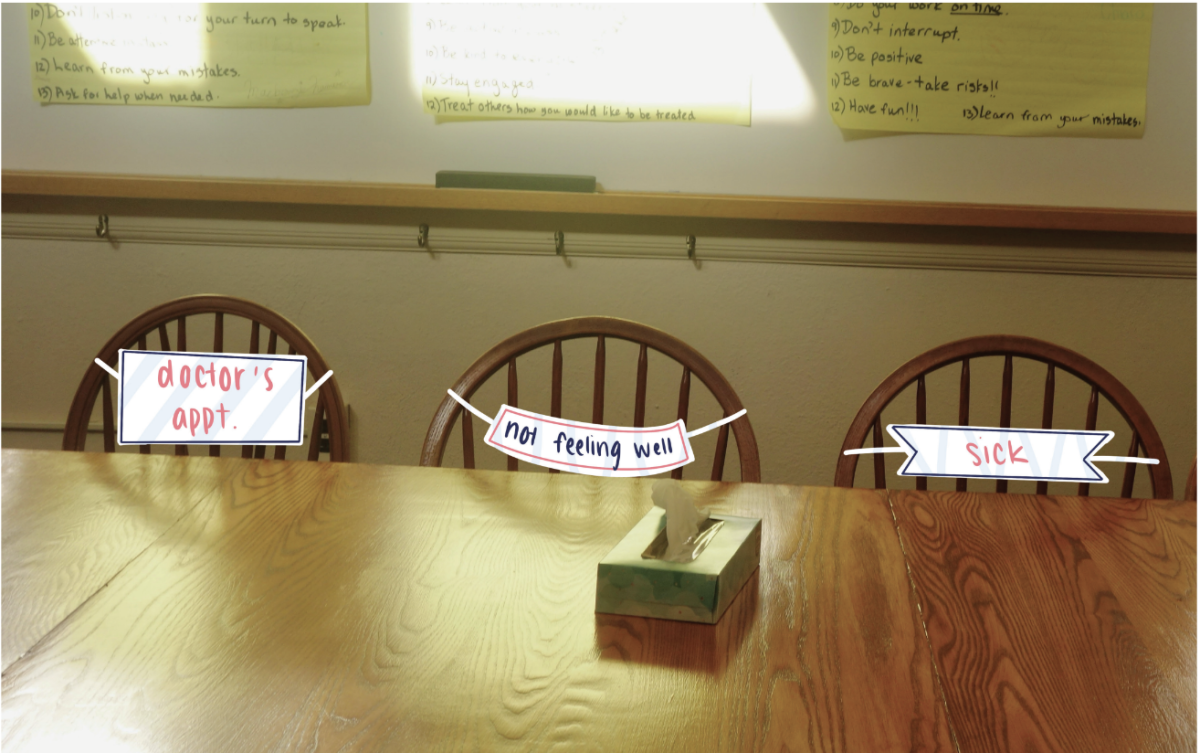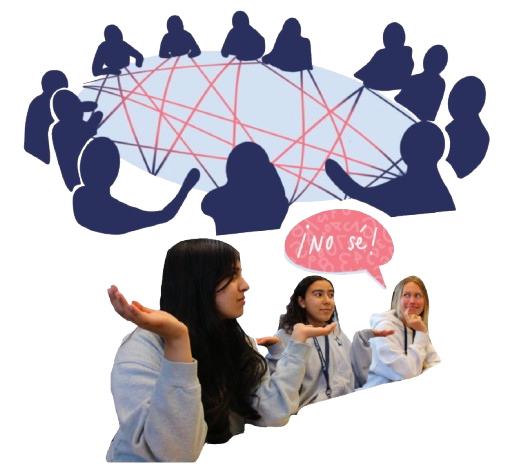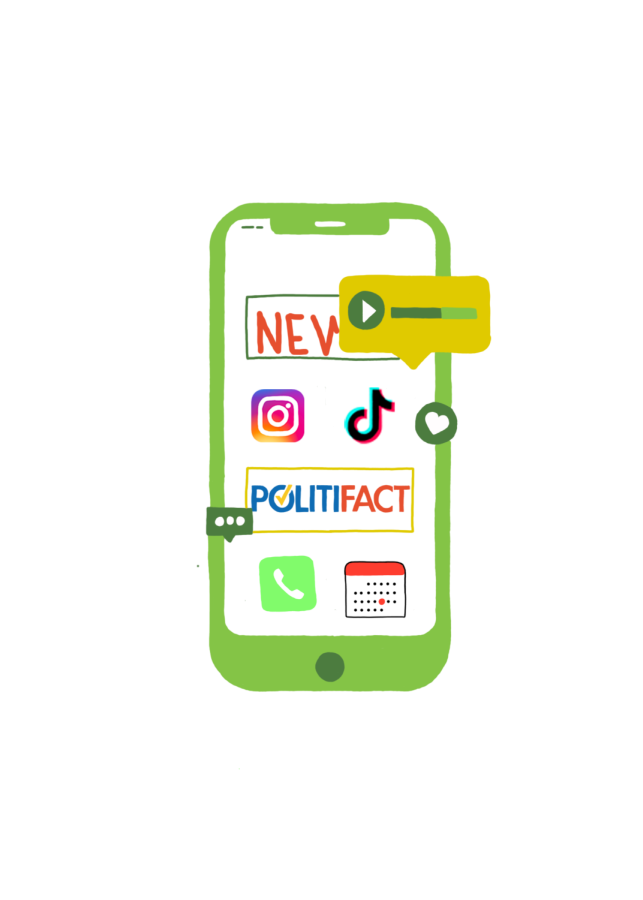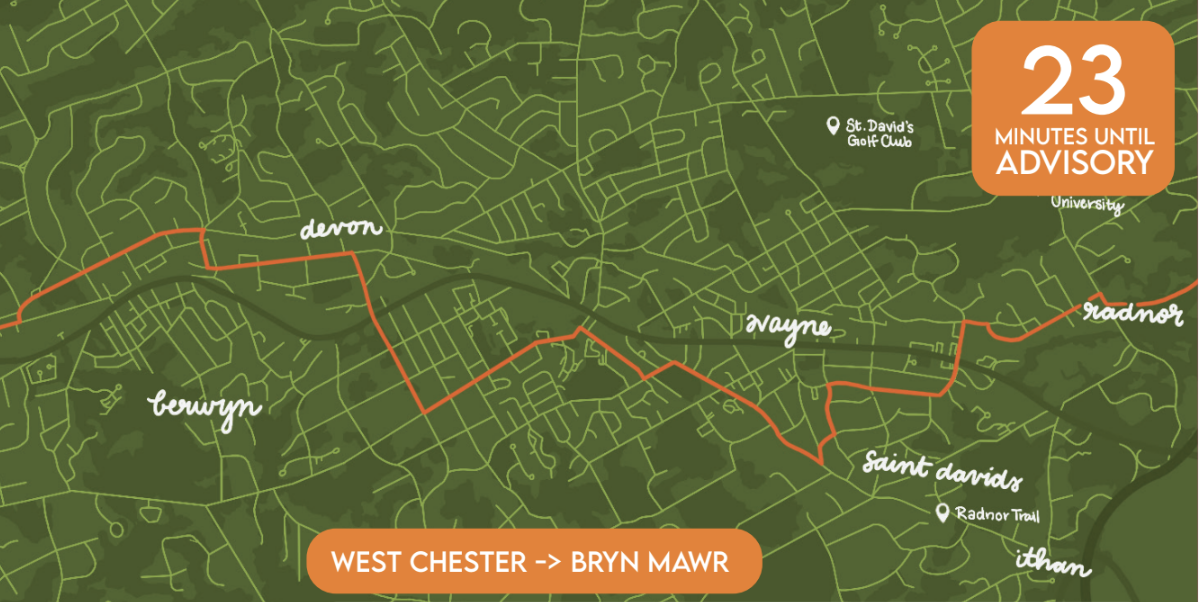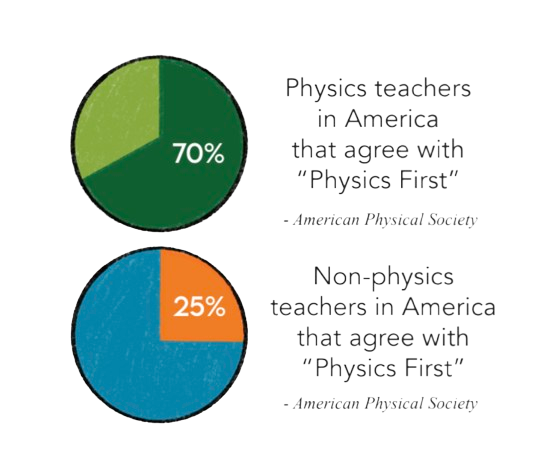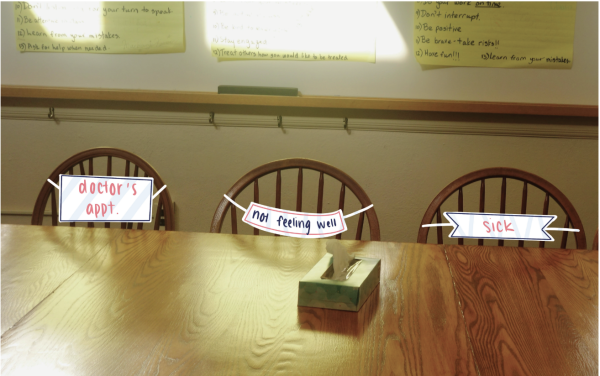Ellie’s Advice
How do I stop procrastinating?
You’re not alone: every student has struggled with procrastination at some point. Procrastination has four main causes: perfectionism, distraction, lethargy, or fear of work being boring or difficult. Here are specific strategies to minimize each trigger.
If you’re stressed because your work can’t be perfect, remember that once you have a rough basis, you can improve it later. James Clear, the author of #1 best-seller Atomic Habits, a book on how to practice better habits, says, “You have to standardize before you can optimize.”
If you’re distracted by TikTok, online shopping, or your friends, remove these distractions. Turn off your phone, hang up that FaceTime, or move to a quiet room without distractions.
If you’re too tired to work, set a 20-minute timer to re-energize by napping or getting a snack, then start working.
Finally, if the work seems too difficult or boring, consult resources or divide the task into bite-sized subtasks.
Here are some techniques I’ve devised myself. First, the “next prime number” method: begin working at the next prime number minute (“It’s 2:15: I’ll start working at 2:17”).
This method takes advantage of the universal practice of convincing yourself to start working at the next “multiple of 15” (“Since it’s 6:18, I’ll start working at 6:30”). Variations include the “next even/odd number” and the “next multiple of a number” method.
Next, the “in front of my eyes” method: place a front-facing camera or mirror in front of yourself while you work. I’ve found people are more likely to behave more conscientiously when they can see themselves.
Remember: the more your working momentum grows, the less difficult the task will become. Starting is the hardest part, but no task is as strenuous as it seems once you begin. Good luck!






